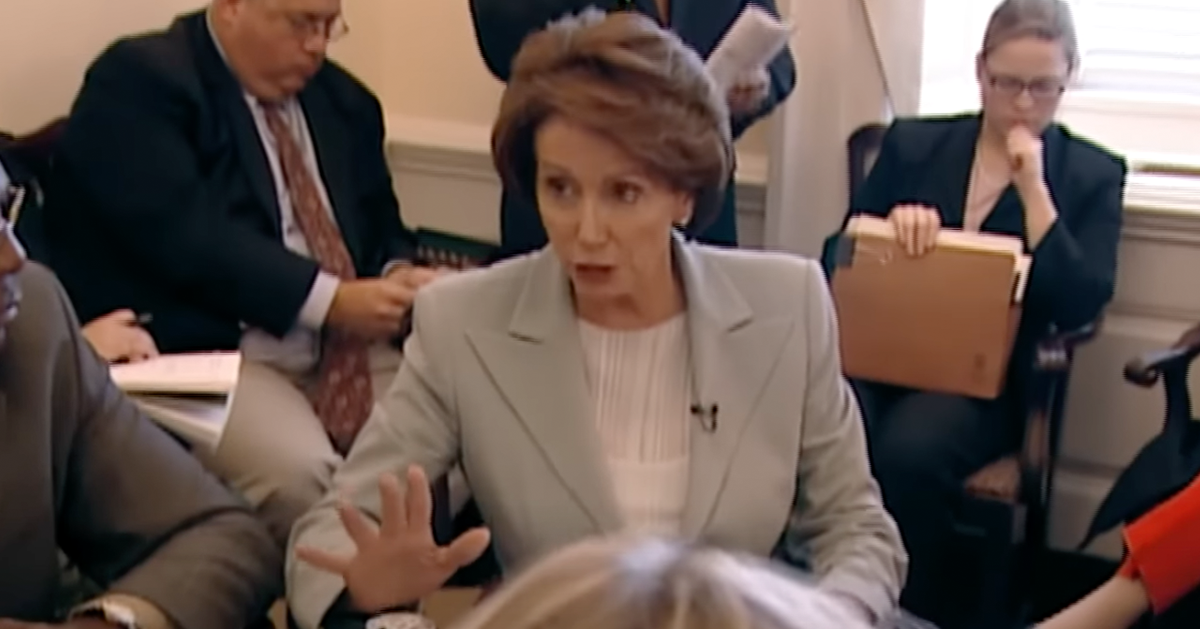Trump Team Enters into Transition Agreement with Biden, Foregoes Federal Funding
In a significant political development, the Trump transition team has inked a deal to initiate the presidential handover to Joe Biden's administration after weeks of delay.
Announced on Tuesday, the agreement excludes the customary memorandum with the General Services Administration, relying instead on private funding, as the Daily Mail reports.
The incoming White House chief of staff, Susie Wiles, declared the signing of the Memorandum of Understanding (MOU) with President Biden's team, marking a departure from traditional transition procedures.
Typically, transitions also involve an agreement with the General Services Administration (GSA) to manage federal support and resources.
However, this year, the Trump team opted to sidestep the GSA and pledged to finance the transition through private donations. They have committed to making the details of these donations public in the interest of transparency.
The White House responded to this unconventional approach via spokesperson Saloni Sharma. Sharma confirmed the MOU's signing and emphasized the necessity of a smooth transition for national security, despite reservations about the absence of a GSA memorandum.
A New Approach to Presidential Transitions
Traditionally, transitions are supported by the GSA to ensure a seamless change of administration that includes extensive logistical and operational support. Trump’s decision to forego this process and not engage the GSA has raised eyebrows among observers and officials alike.
Sharma outlined the White House's perspective, stressing the importance of adhering to the Presidential Transition Act to avoid jeopardizing national security.
She noted, "We have two options. Option one is no transition, potentially risking the security of the American people and our country. Option two is to conduct a smooth transition with safeguards in the White House MOU to protect non-public information and prevent conflicts of interest."
This statement underscores the administration's commitment to maintaining governance standards even in unconventional circumstances.
Moreover, while there has been progress towards an agreement with the Department of Justice concerning the vetting of Cabinet picks, such an MOU remains unsigned. This part of the transition is critical for ensuring that nominees for key positions do not pose a security risk.
Concerns Over National Security and Ethics
Delays in transition processes are not without precedent, but they are usually viewed with concern due to their potential impact on national security preparedness. This concern is particularly acute given the ongoing global and domestic challenges the United States faces.
Democratic Sen. Elizabeth Warren criticized the transition's structure, suggesting it might undermine the administration's ability to manage urgent threats. Warren expressed concerns about the gaps in the Trump transition’s ethics agreement and the legal requirements, stating, "President-elect Trump is undermining his administration’s ability to manage urgent national security threats, health and safety threats, and serious conflicts of interest starting on day one of his presidency."
Warren also highlighted the ethical implications of relying on private donors for transition funding, suggesting it could lead to undue influence by well-connected insiders.
"There appears to be serious gaps between the Trump transition's ethics agreement and the letter of the law. The reliance on private donors to fund the transition is nothing more than a ploy for well-connected Trump insiders to line their pockets while pretending to save taxpayers' money," she added.
The Road Ahead for Trump’s Transition
The decision by the Trump team to handle the transition in this manner reflects a broader trend of challenging conventional political norms. While the approach has the potential to streamline certain aspects of the transition, it also raises questions about transparency and accountability.
The commitment to disclose the names of private donors does provide a layer of transparency, yet the overall effectiveness and ethical soundness of this approach will be closely watched by both supporters and critics alike.
As the transition unfolds, all eyes will be on how these decisions impact the readiness and integrity of the Trump administration as it prepares to take on the responsibilities of governance.





